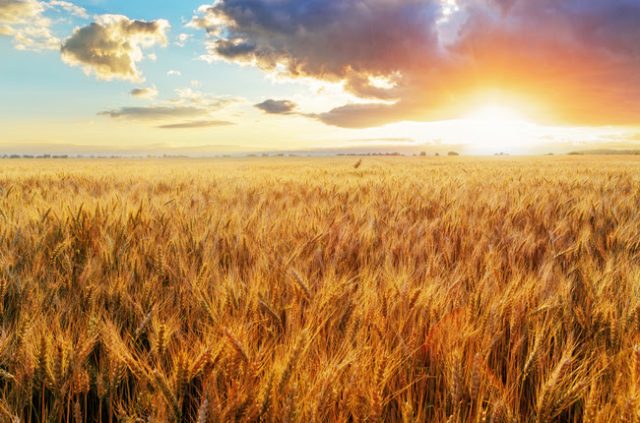Producers and regions from across Europe have been recognised for advancing organic innovation, as the EU moves towards its 2030 sustainability goals.

Leading the charge towards 2030 organic goals
The EU Organic Awards have recognised the individuals, businesses and regions setting new standards in sustainable food and farming, as the European Union moves towards its goal of converting 25% of all agricultural land to organic by 2030.
Launched in 2022, the awards honour excellence across seven categories, including best organic farmers, region, city, food processing SME, retailer, and restaurant. For UK buyers and operators, this year’s results offer insight into the innovations and market developments shaping Europe’s fast-growing organic sector.
Honouring Europe’s organic pioneers
In the farmer categories, Bulgaria’s Albina Yasinskaya received the award for Best Female Organic Farmer for her work at Rozino Organic Farm – the country’s first ESG-certified farm. Operating a closed-loop production system, the farm produces organic dairy, meat, and ice cream using permaculture and zero-waste principles, while supporting local employment and education.
The Best Male Organic Farmer award went to Lieven Devreese of Het Polderveld in Belgium, a community-supported farm near the Dutch border. Supplying families and even a local hospital, Devreese’s approach emphasises fair wages, mental health initiatives, and direct relationships between farmers and consumers.
From bakeries to bio-districts
Austria’s Joseph Brotmanufaktur GmbH was named Best Organic Food Processing SME. Founded 15 years ago by Josef Weghaupt, the artisan bakery processes over 1,000 tonnes of organic flour annually, working with 24 smallholder families to cultivate 14 rare grain varieties. The business is credited with preserving traditional grain culture and promoting biodiversity across Austria.
In Estonia, Võru County won Best Organic Region/Bio-District for building a sustainable organic supply chain and integrating 20% organic food into all schools, including pre-schools, by 2024. The initiative supports local economies and promotes awareness of healthy, organic diets.
The Portuguese city of Valpaços took the title of Best Organic City. Home to 516 certified organic producers, from wine to honey to olive oil – the highest number in Portugal – Valpaços places education, environmental measures and innovation at the heart of its organic strategy.
Organic retail and gastronomy recognised
In Germany, Radis&Bona eG in Regensburg received the award for Best Organic Food Retailer. The cooperative farm shop sources produce from within an 80km radius, operates on green energy, and eliminates waste packaging – offering a model for fair, transparent and localised food systems.
The Best Organic Restaurant award went to Peskesi, in Heraklion, Crete. The restaurant operates on a “Farm to Table” and “Table to Farm” philosophy, sourcing 98% of its ingredients locally and hosting educational events to promote sustainable gastronomy and fair trade practices.
A blueprint for the future of food
The EU Organic Awards aim to showcase what can be achieved when producers, communities, and policymakers collaborate to drive sustainability.
For the UK and other international markets, the awards highlight how organic innovation across Europe is influencing consumer expectations and shaping the future of food and drink production globally.
Related news
The Drinks Business Green Awards shortlist 2025
How decades-old values of ‘people and place’ still guide Santa Julia
